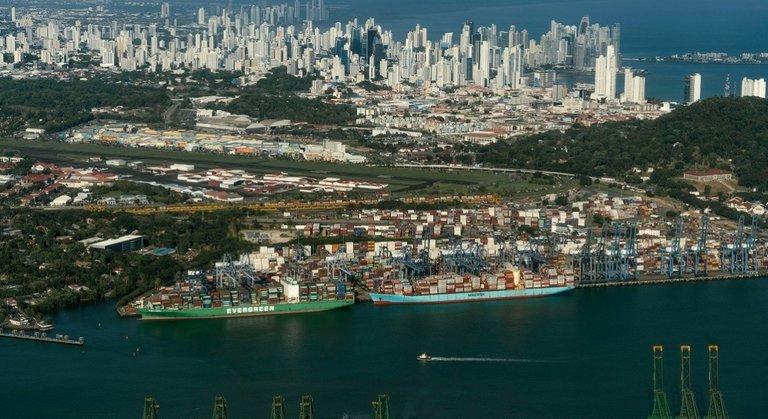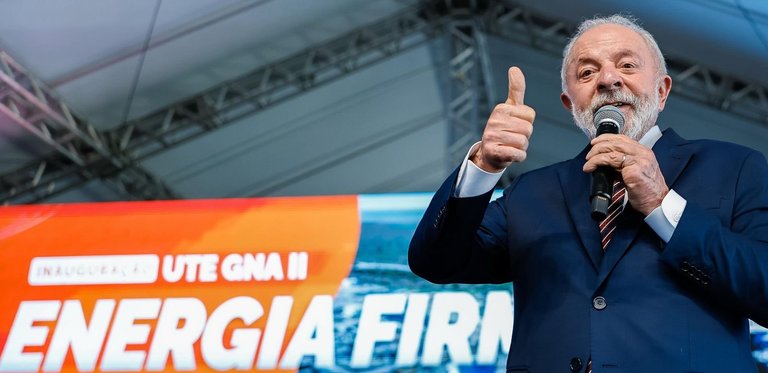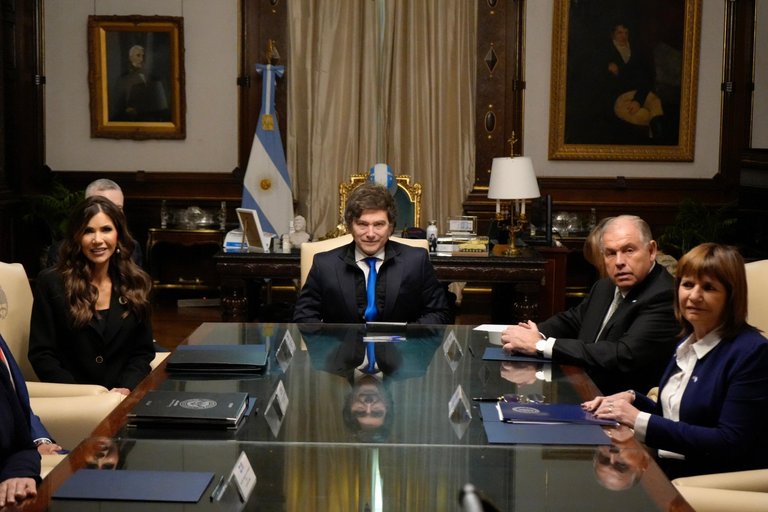The Latin American Report # 555

Beijing's resistance to an agreement between CK Hutchison—a Hong Kong-based conglomerate—and a multinational consortium for the sale of the former's port management business interests has intensified in recent months. This has reached the point where the Asian company acknowledged that Chinese authorities are demanding tangible national representation in the acquiring consortium—which includes the controversial firm BlackRock.
The contentious issue here is that among the ports whose management is being relinquished by Hutchison, which is owned by the family of Hong Kong’s richest man, are two key facilities located at both ends of the Panama Canal. Trump argues that Chinese management of these strategic ports would grant China an advantage in a hypothetical war scenario—a dynamic unacceptable to Washington. Thus, the Republican administration pressured so intensely that it ultimately secured somehow, "indirectly", Hutchison’s commitment to end its adventure managing these ports.
But China escalated from warnings and media denunciations to action, activating an antitrust mechanism to veto the initial agreement. "[CK Hutchison] remains in discussions with members of the consortium with a view to inviting major strategic investor from the [People´s Republic of China] to join as a significant member of the consortium," the group stated after the time for exclusive negotiations expired. Without that step, the deal won’t receive approval from "all relevant authorities."
"The Chinese government will conduct supervision in accordance with the law, firmly safeguard national sovereignty, security and development interests, and maintain market fairness and justice," Foreign Ministry spokesperson Guo Jiakun recently stated. The ports of Balboa and Cristóbal have been managed by a Hutchison subsidiary since the late 20th century. Authorities at Panama’s Herons' Palace have attempted to be sound sovereignty advocates, but largely have yielded to pressure from Trump’s White House.
 The port of Balboa in the Panama Canal (source of the image).
The port of Balboa in the Panama Canal (source of the image).Brazil
As time runs out for Brazil and the U.S. to reach a tariff agreement, Brazilian industrial giants are increasingly pressuring both governments—but especially their own—to avert disaster. "We expect consensus and common sense to resolve this misunderstanding," declared the National Confederation of Industry in a statement cited by Spain’s EFE agency. "Brazilian industry sees no economic or commercial justification for Brazil moving from a 10% ‘floor’ tariff to an unwarranted 50% ‘ceiling’ on national products," added the business-advocacy group from the Latin America’s largest economy.
However, in my view, they err by not prioritizing sovereignty over economic interests. A state or country ceases to exist if it fails to defend its sovereignty and bows to the neighborhood bully. "We must clarify what fuels exacerbated political positions. We must be pragmatic in purely technical discussions, as other developing nations have done," argues the group. But the core issue is that no other country securing a deal with Washington had to dismiss a judicial case—especially when this falls outside the government’s purview.
This constitutes a crude, inadmissible intrusion unrelated to debates about trade imbalances driving the current White House chief’s agenda. I see no easy resolution given the sky-high barrier Trump erected. "I hope the U.S. president reflects on Brazil’s importance and opts for what is done in the civilized world: sit at the table, set aside differences, and seek solutions—not brutality," Lula stated Monday during an event in Rio de Janeiro, as reported by Italy’s ANSA. "We've had diplomatic relations for 201 years. I've met with Clinton, Obama, Bush, Biden—every single one," he stressed.
 Source
SourceArgentina
The strength of Buenos Aires-Washington ties was reaffirmed Monday with the announcement that the Milei and Trump administrations are working to exempt Argentines from U.S. visa requirements. "Argentina has initiated the process to join the Visa Waiver Program (VWP). Successful completion will allow millions of Argentines to travel to the U.S. for tourism or business without visas," announced the Pink House, where the conservative leader hosted U.S. Homeland Security Secretary Kristi Noem. "The Visa Waiver Program designation process takes time, as partners must meet strong security requirements, but the statement of intent indicates DHS’s support and commitment to working with Argentina as it works diligently to meet eligibility criteria in the coming years," the U.S. agency stated. Noem added the following:
Under President Javier Milei’s leadership, Argentina is becoming an even stronger friend to the United States—more committed than ever to border security for both of our nations. Argentina now has the lowest visa overstay rate in all of Latin America and 25 percent more Argentines traveled to the U.S. in the first four months of this year compared to last year—the biggest jump of any of the top 20 international arrivals. That is why we are now taking steps to allow Argentina back into the Visa Waiver Program.
 Source
SourceThis is all for today´s report.
